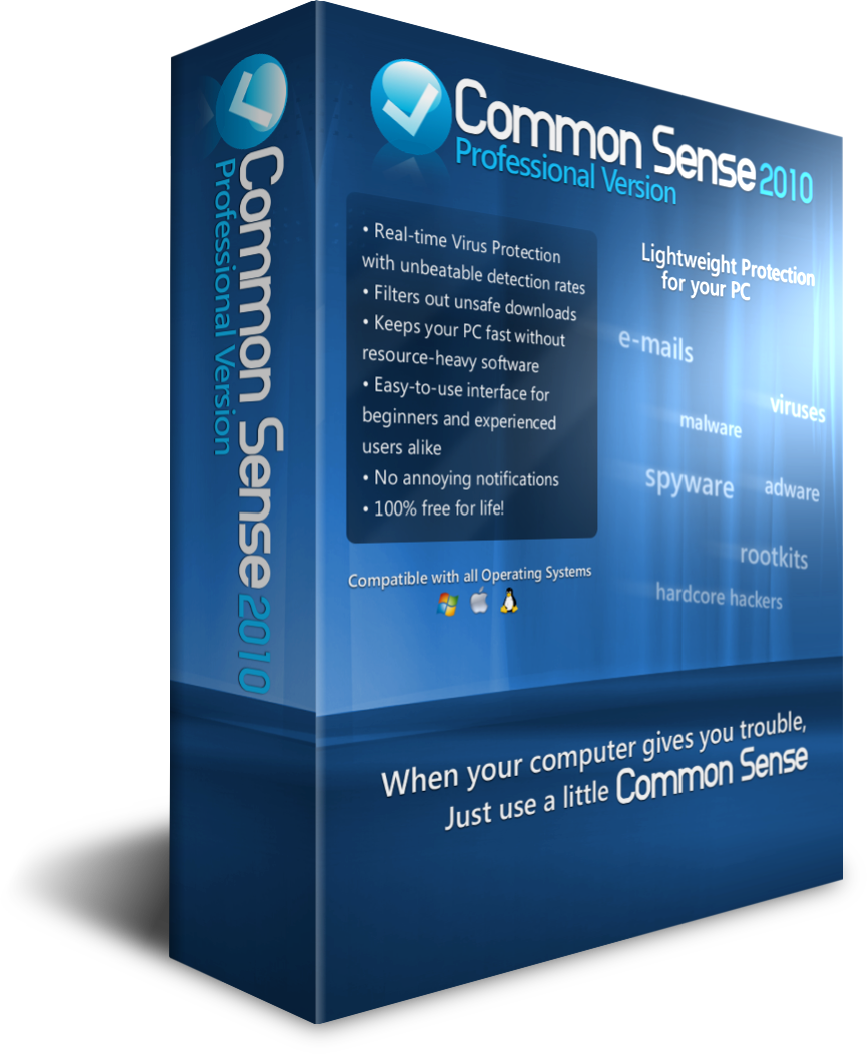Windows defender is all you need. I keep the free version of malwarebytes on my pc just in case something seems off. It does not start up or run in the background tho.
Supplement it with a strong ad blocker and you’ve eliminated most routes other than phishing for getting malware on your system. It really is shockingly good.
Same.
Ditto. Maybe a CCleaner once in a while. That’s about it. You kind of have to go out of your way to get windows infected with something, or just be really stupid like plugging in a usb drive you found on the restaurant floor on your lunch break.
ccleaner is really shady and you probably shouldnt use it
Yeah, just saw that other post about CCleaner. Just uninstalled it last night and installed BleachBit.
Thanks for the pointer, though.
Am sysadmin.
Windows Defender and Adblock is the best you can do with nearly 0 effort.
This but you misspelled Ublock
Ublock origin to be specific. Not that you would find the other one without effort.

Is the 2010 version still all that effective in 2023?
Obviously you need to update its malware, spyware, ads and such definitions to accommodate for new things that popped up during those years, but it CommonSense is one of the best virtual protections around.
Windows Defender. The W10+ version outperforms most third party antivirus softwares. Also, antivirus software increases the attack surface and becomes a vector for infection, especially the free ones that come with shovelware to
market your pc usageimprove your privacy or something.Defender + Common sense.
Ditto. I tried a couple of alternatives over the years but most of the “free” programs are either not much better than the already built-in thing, or spam the end user with advertisements about paid services (I’m looking at you, Avast!) to the point that they’re a lot more intrusive than any actual virus could have ever been.
Never had any issues with the regular Defender and I’ve been using Windows for ages.
In the past, the Windows built-in security software was garbage and you needed a third party tool for safety. I think Microsoft didn’t want to admit (internally) how bad the problem really was by investing in a proper security team.
That’s no longer true. Modern enterprise user demands forced Microsoft to provide actual security for their OS or risk losing major customers. Today you’re better off using the first-party security software than adding any third-party freeware (less complexity, smaller attack surface).
If you want to make your Windows system more secure, then you should read about (and implement) Windows hardening. It’s only worth adding third-party security tools if you’re paying for something enterprise-grade.
Defender is all I use, with Malwarebytes free as a backup if I sense something feels different. Haven’t had a virus in years.
deleted by creator
You can say that about any antivirus.
deleted by creator
Windows Defender, uBlock Origin & common sense.
Windows Defender
I used to have a pirated version of ESET, but they forced and update that broke the whole thing.
Windows Defender alongside common sense. It takes care of most, most of the time. Additional antivirus just bogs down your PC in my opinion.
I don’t use windows anymore but if I’m entirely honest, the best antivirus is knowing what not to do on the internet. I always found that every (especially the free ones) antivirus was more annoying than it was helpful and honestly I don’t trust them.
Not that data theft from proprietary software is that big of a deal if you’re already using windows
i let the free version of malwarebytes scan my files every once in a while. otherwise just common sense.
Windows defender and checking files with virustotal.
Windows defender
Unlock Origin
Adguard home
Plaintext DNS redirect to a local DNS
deleted by creator
And Process Explorer, a task manager that can be set to display the VirusTotal results for every running process.









